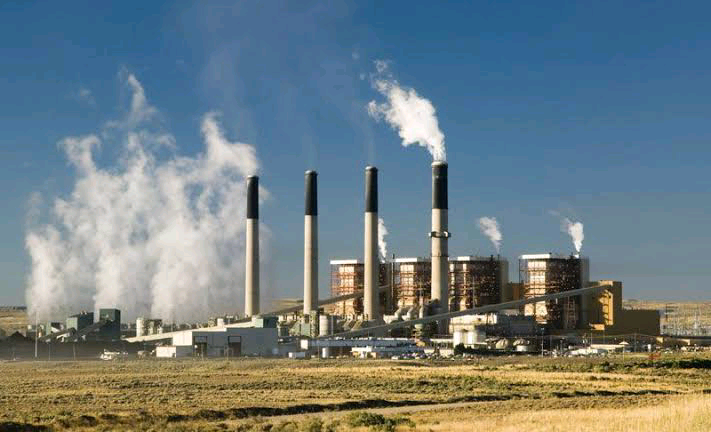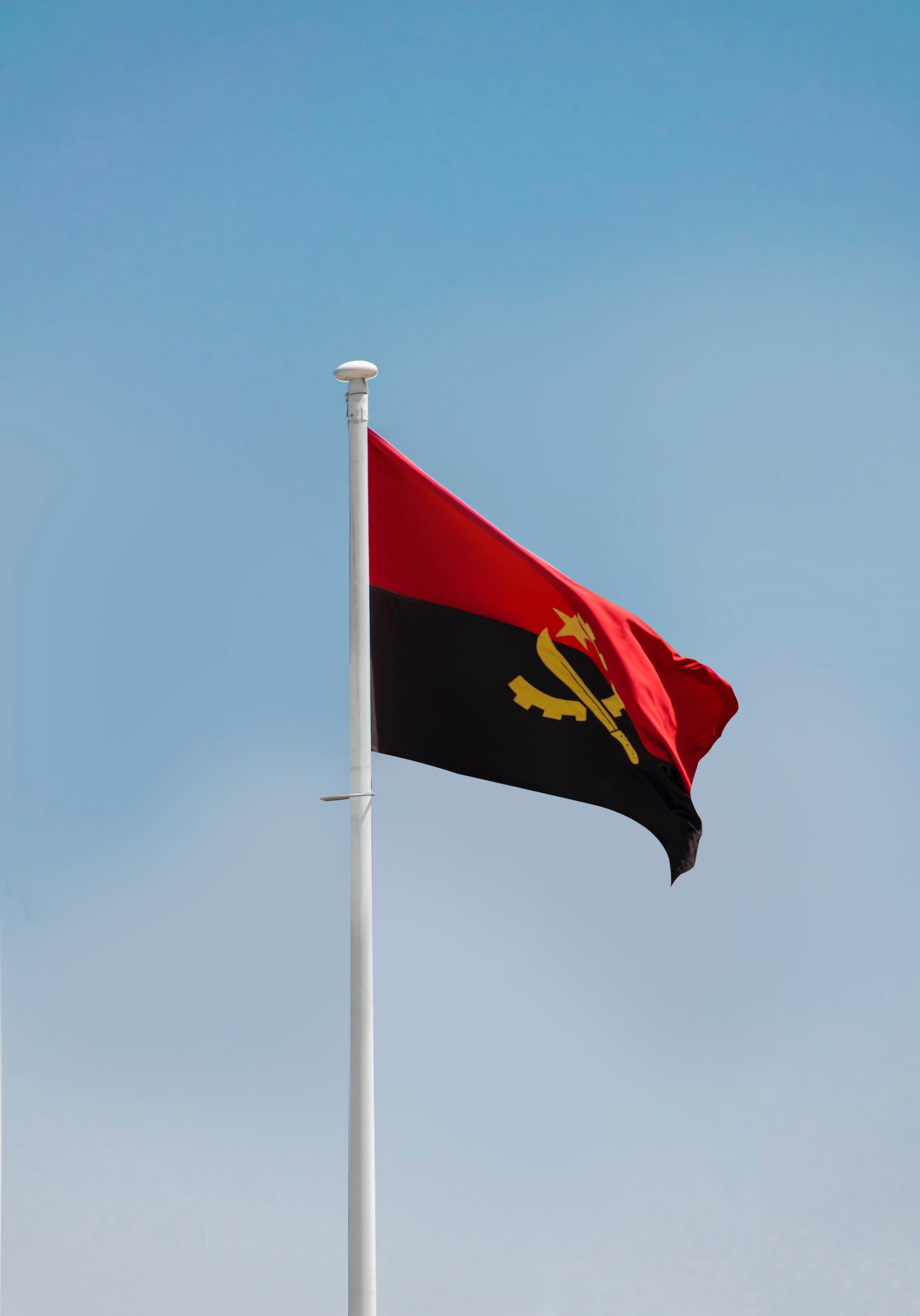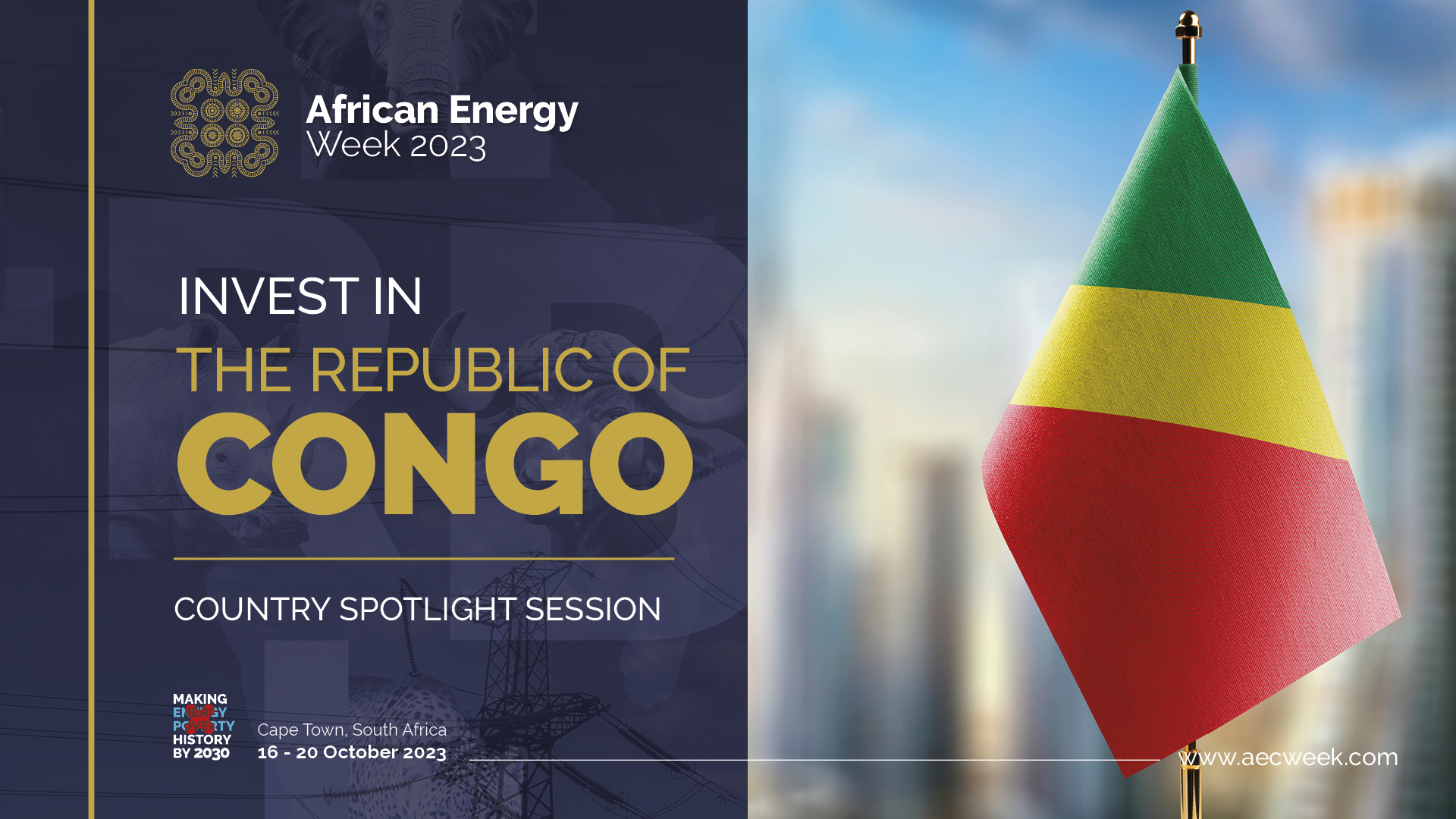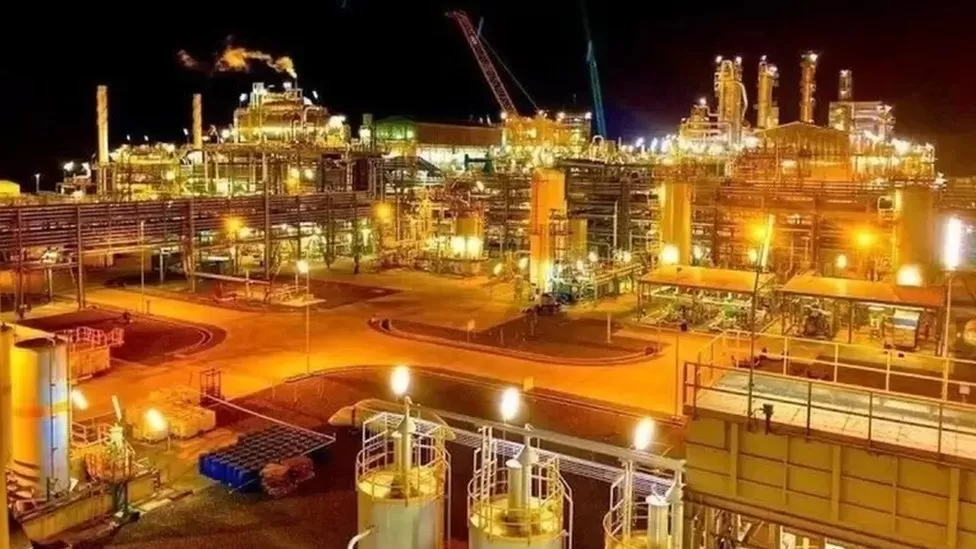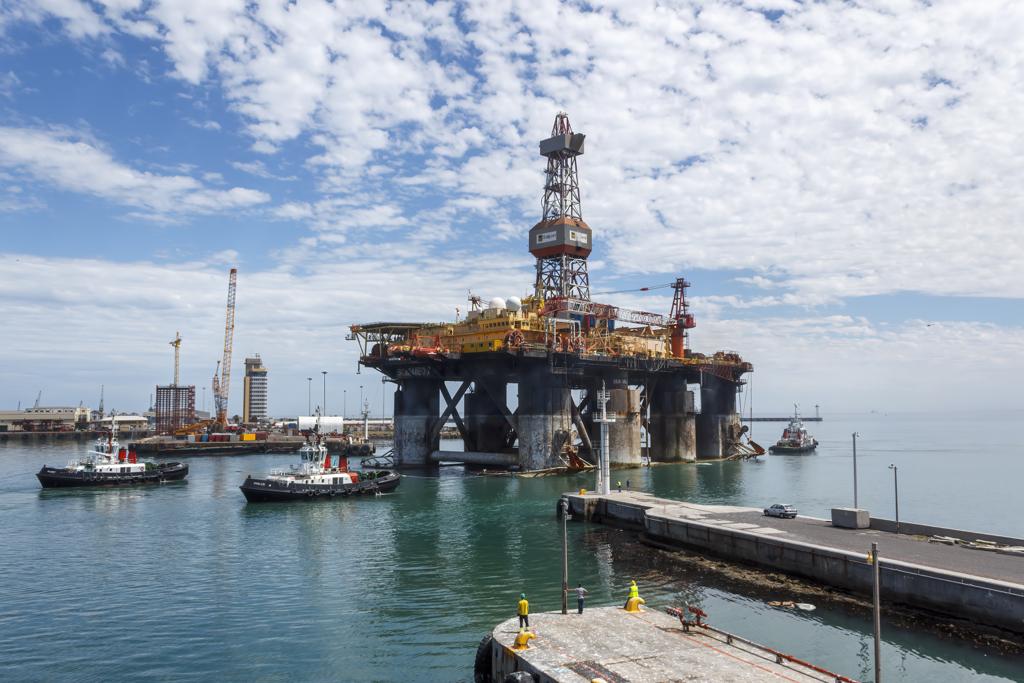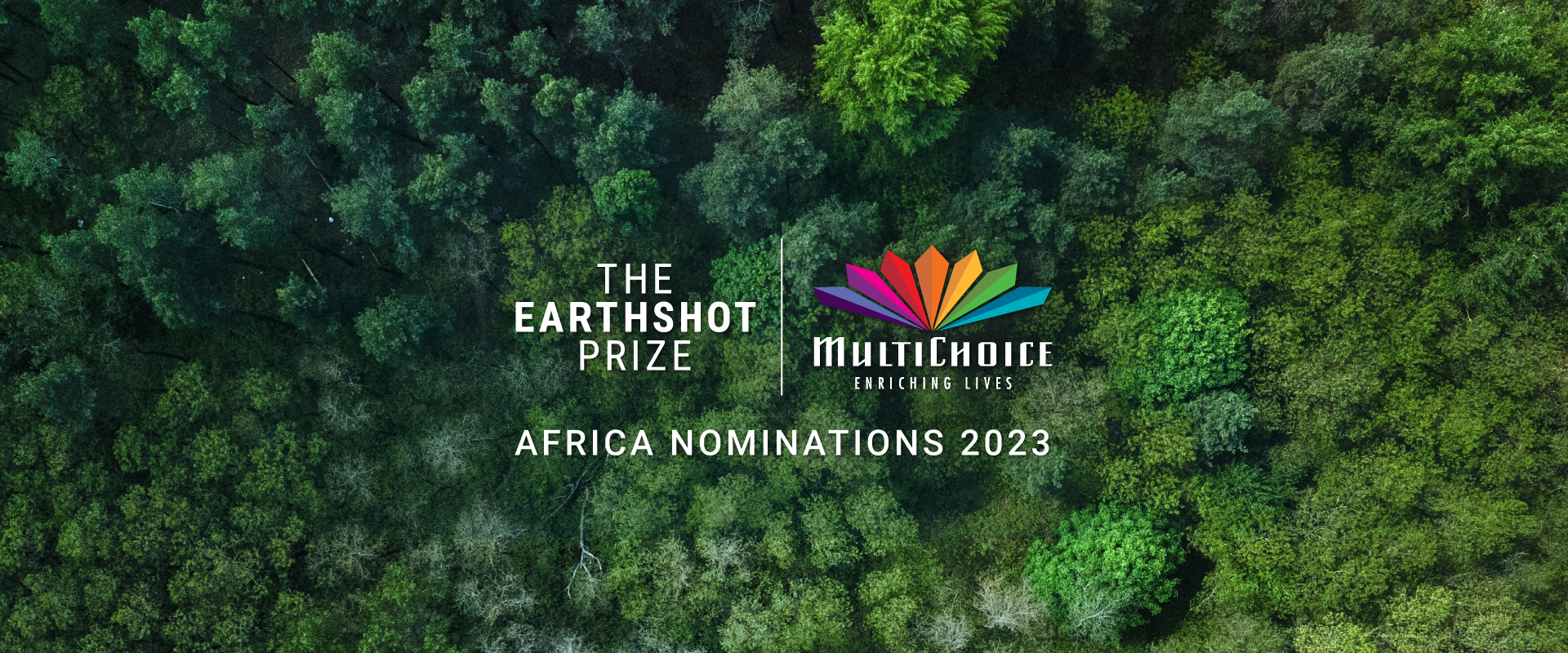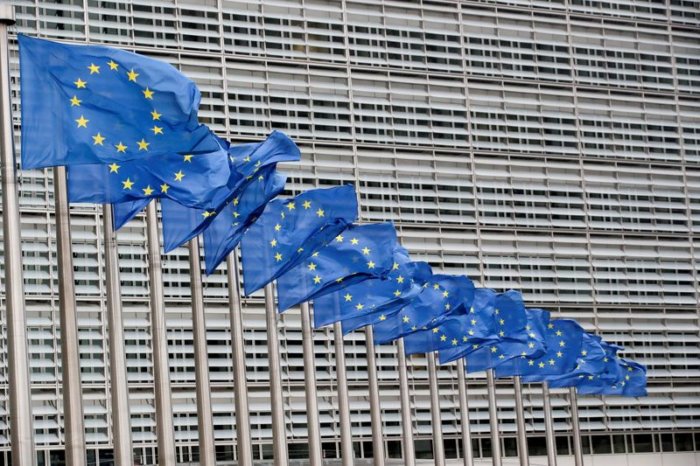A concerted effort is being made to exclude representatives from the oil, natural gas and coal industries from participating in the upcoming COP28 Conference which will be held in December in the United Arab Emirates.
Such a move would reverse the progress made from last year’s COP 27 gathering, in which the industries were allowed to participate after having been banned from the 2021 event.
UN Secretary General Antonio Guterres seemed to kick this campaign off in earnest recently when he made a statement blaming the “climate emergency” on the very existence of fossil fuels, rather than the emissions they cause: “The problem is not simply fossil fuel emissions. It’s fossil fuels – period”.
The Secretary General is far from alone in his hostility towards non-renewables. Earlier this year, more than 100 lawmakers from the US and EU sent an open letter to President Biden and the President of the EU raising “profound concern” at how the UN rules “permit private sector polluters to exert undue influence” on that body’s climate change activities.
The letter’s signatories note that at least “636 lobbyists” from the oil and gas industries attended last year’s COP 27 conference held in Glasgow – more people than the delegations of most countries in attendance.
Of course, labelling every oil and gas industry attendee as a “lobbyist” is ridiculous hyperbole and the signatories know it: this is framing designed to make their attendance appear sinister. But there is demagoguery to be spread, and fossil fuel bosses make for easy targets.
Various progressive darlings have piled on their support for banning oil and gas delegates, with Al Gore railing against the practice in a recent TED talk entitled “What the fossil fuel industry doesn’t want you to know”.
US Climate Envoy John Kerry also chimed in over the weekend: in a speech he gave in Scotland, Kerry labelled anyone who disagrees with his rhetoric related to the “climate emergency” as participants in a “cult that constitutes a threat to humanity’s very existence.”
There are some who have rejected this farcical position, however. More thoughtful environmental advocates like Michael Bloomberg, Bill Gates and Ro Khanna have argued that fossil fuels industry reps must be engaged in the climate debate in order to arrive at anything like a reasonable result.
Reaching any sort of real solution requires “oil and gas at the table,” Gates said. “We don’t have time to exclude countries or sectors.”
Rep. Khanna, himself a staunch oil and gas industry critic who recently reiterated his support for a new windfall profits tax on the business, said “sure, have them at the table”.
This is an important interjection into the debate from a man who opposes having the COP28 conference chaired by the CEO of the UAE’s national oil company, Sultan Al Jaber.
In an opinion piece responding to the aforementioned congressional letter, Mr. Bloomberg was more direct, saying, “We need oil producers at the table – including the US, which is the largest oil producer in the world.”
Bloomberg also defended Al Jaber, noting he is “also founding CEO and chairman of its renewable energy company, Masdar, and under his leadership, the UAE has become one of the world’s largest investors in renewable energy.”
The bottom line here is this: even if you accept every word of the alarmist rhetoric from climate alarm leaders like Kerry and Guterres, there is no solution to our emissions problem that is possible without active participation in it by the fossil fuel industries.
It is the responsibility of lawmakers, who understand the real-world trade-offs that ecoactivists find themselves cushioned from, to push back on fantastical demands for results without consequences. It is impossible to even manufacture the preferred solutions of the green movement – wind, solar and electric vehicles – without massive deployment of energy derived from fossil fuels.
These renewed calls for banning oil, gas and coal from even being involved in the debate are ridiculous. We rejected them last year – and the time has come to reject them again.
Culled from The Telegraph
